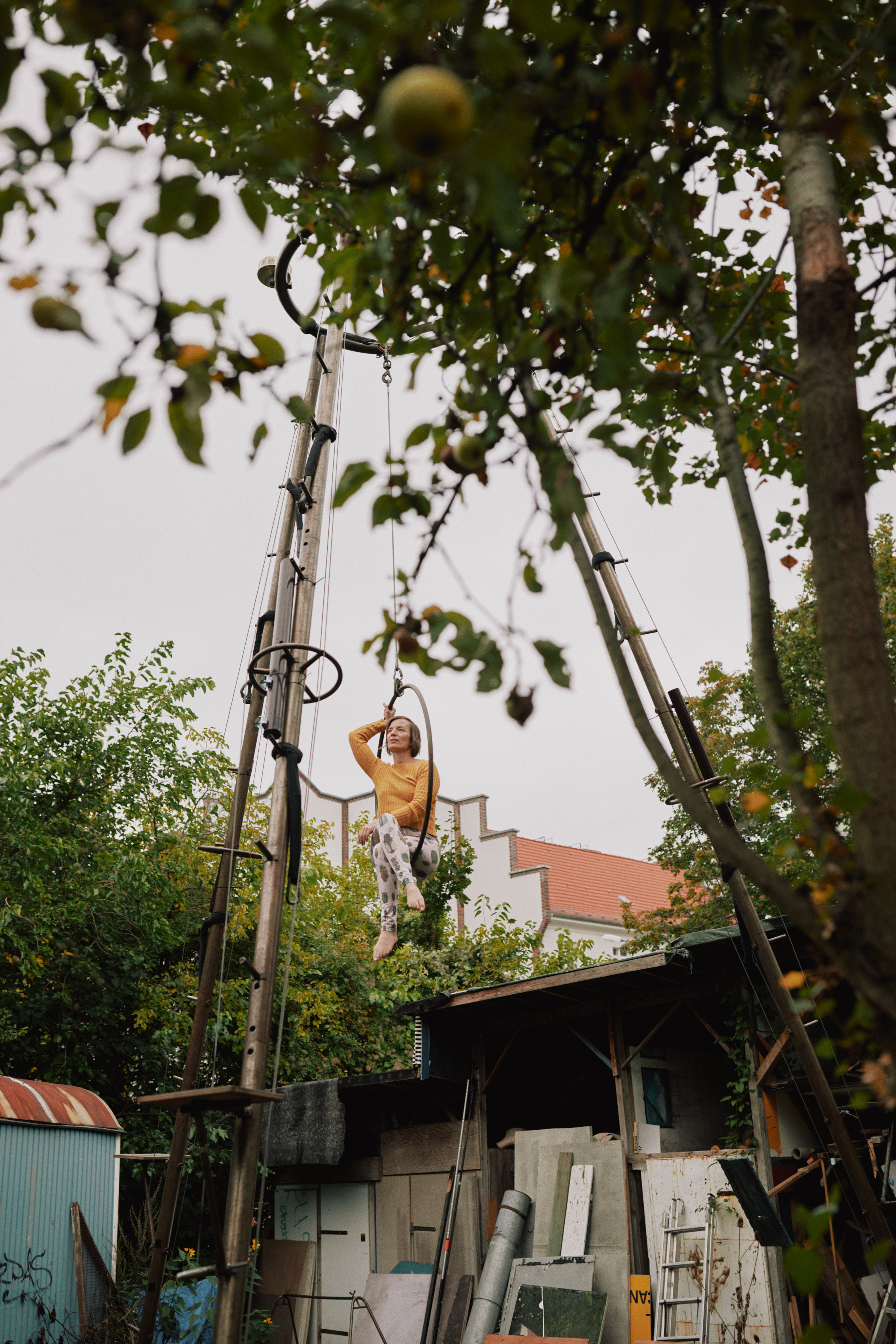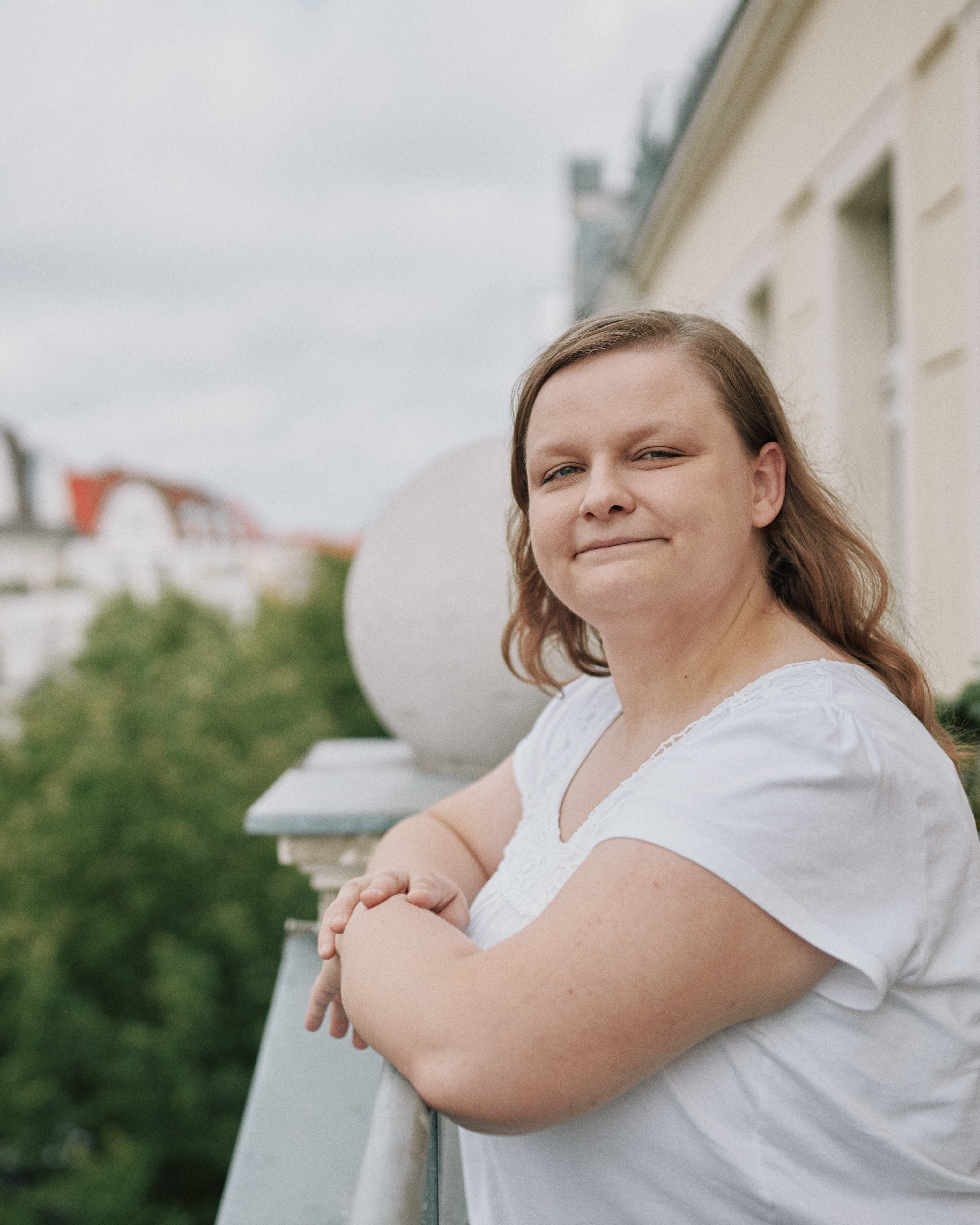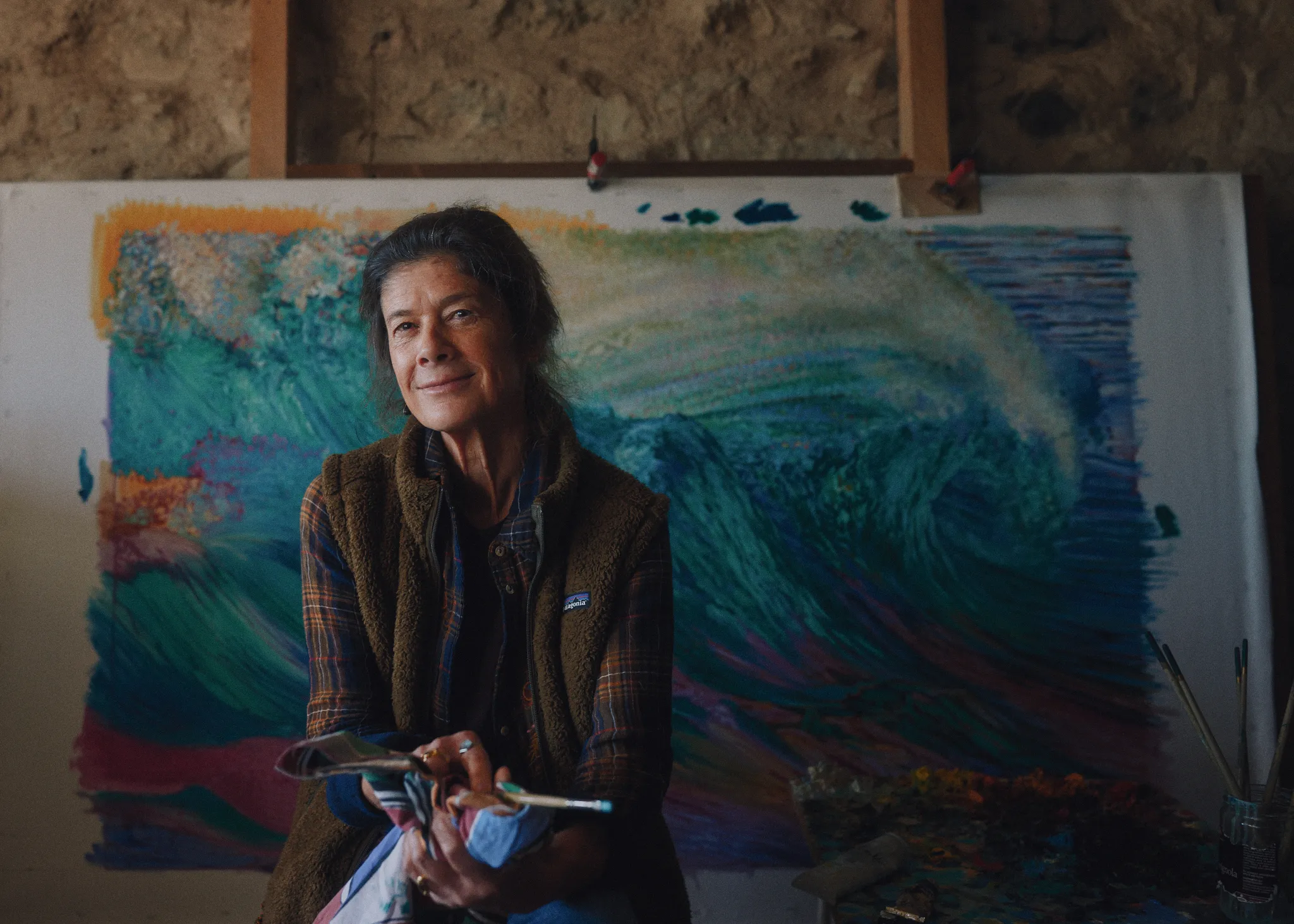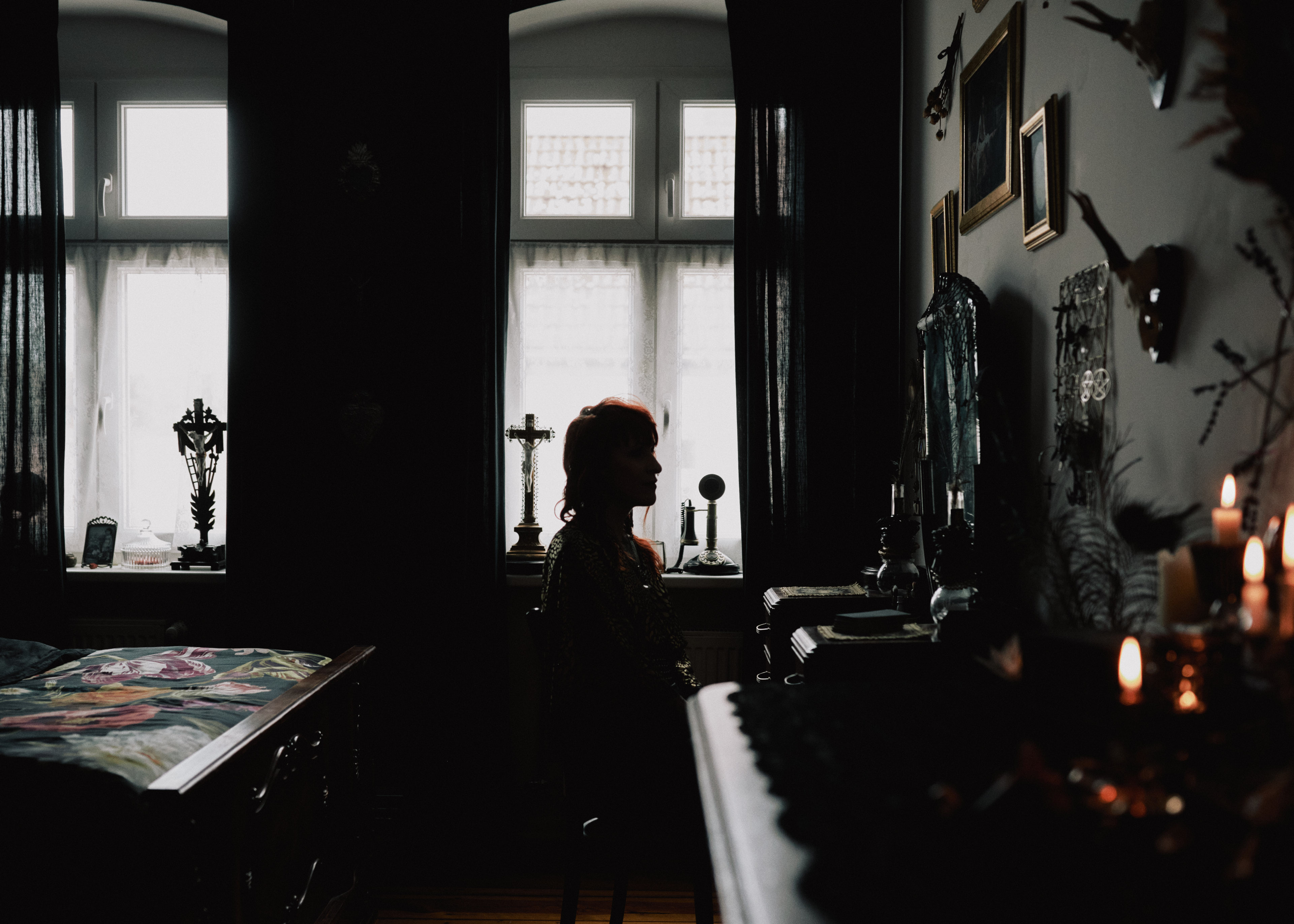Marcy, Berlin
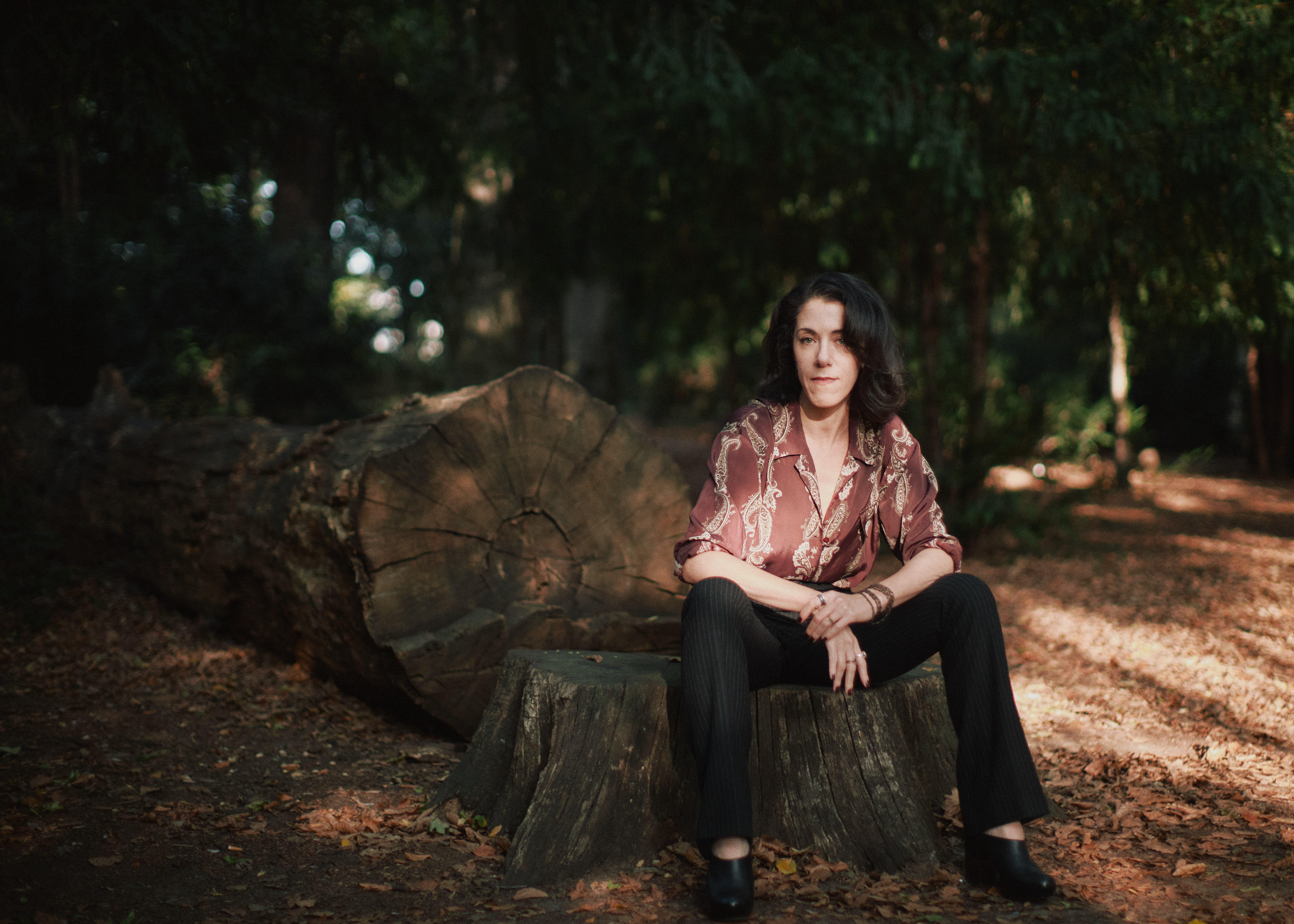
“I just stuffed that dollhouse full of little toy dogs. I probably should have known then that I wasn’t going to have children.”
Growing up, I had a dollhouse which I loved, loved, loved. My mother kept wanting me to fill it with dolls – because it’s a dollhouse. But I only wanted toy dogs. And I just stuffed that dollhouse full of little toy dogs.
I probably should have known then that I wasn’t going to have children. But I kept waiting. And as I moved forward into all the adventures I’ve had in my life, and the decisions I’ve been able to make at a moment’s notice… They wouldn’t have been possible, or would have been extraordinarily difficult – physically, emotionally, practically – if I were partnered, let alone If I were a single mother.
I grew up on the East Coast of the US, and around the age of 26, I moved to California. I was working at the Sierra Club when I remembered what I wanted to do as a kid, which was to be a National Geographic photographer and work with cheetahs.
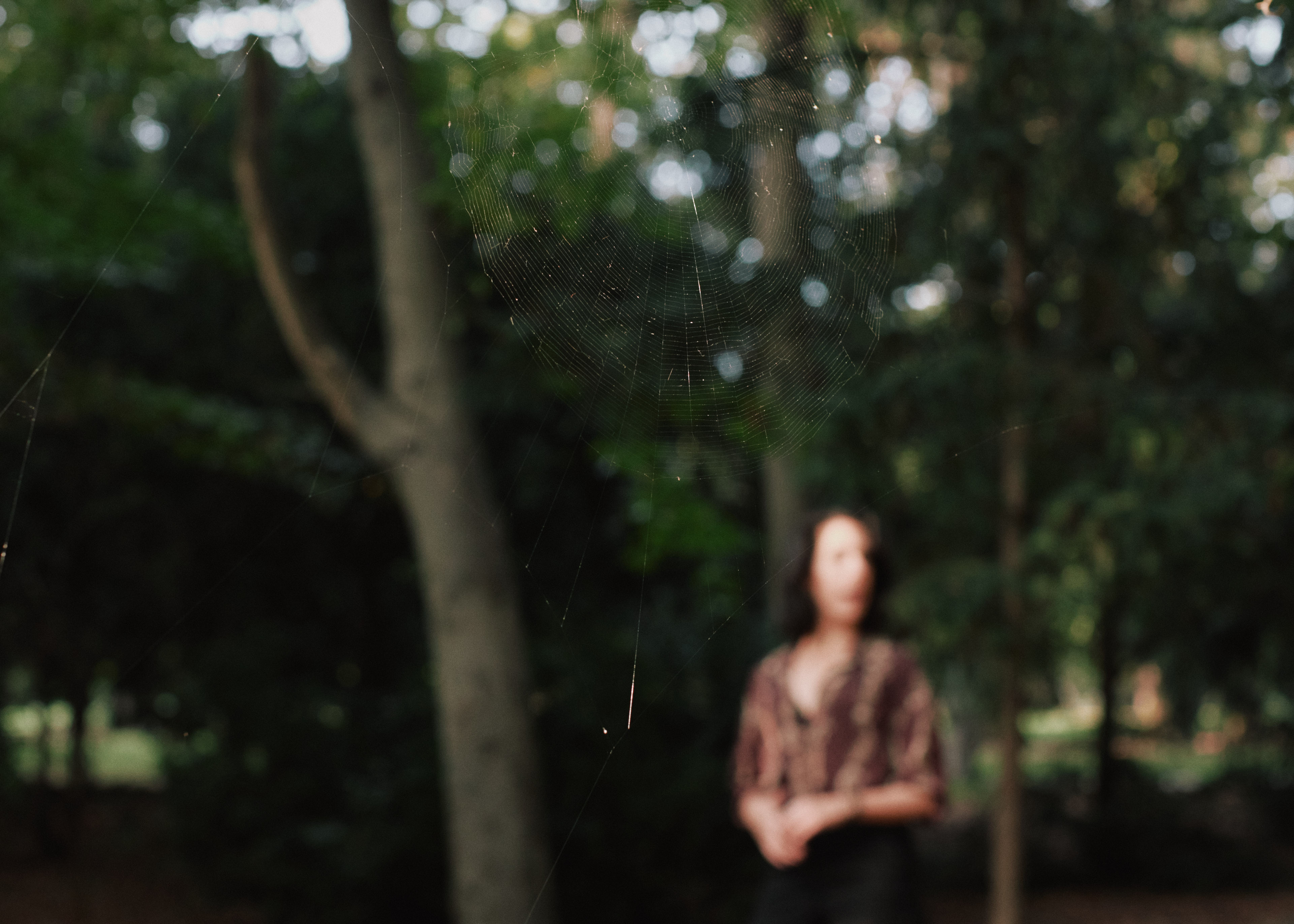
“It’s just such a different mindset when you travel, and you meet women who have had families and would never understand why you wouldn’t.”
I found a fundraiser about an hour’s drive south of San Francisco, at the Wildlife Conservation Network. I told the director of Cheetah Conservation Botswana, “I want to come and take pictures and learn about human-wildlife conflict”, and she said, “Well, you’re welcome to”. And it just snowballed from there. Within 10 months, I was published on National Geographic, and traveling around Africa.
Now I’m in the middle of producing two films about cheetah conservation in East and Southern Africa. This cat has brought me to many places. Every time I get food poisoning, or stung by something weird, or the malarial pills drive me a little crazy, I’m like, “It’s the cat’s fault”.
It’s just such a different mindset when you travel, and you meet women who have had families and would never understand why you wouldn’t. When I speak to women in the Global South, there’s a bridge that they assume we can’t cross with each other, because there is such a cultural divide. There’s an assumption that I’m just a weirdo, a white American with a camera – like, “She’s odd anyway”.
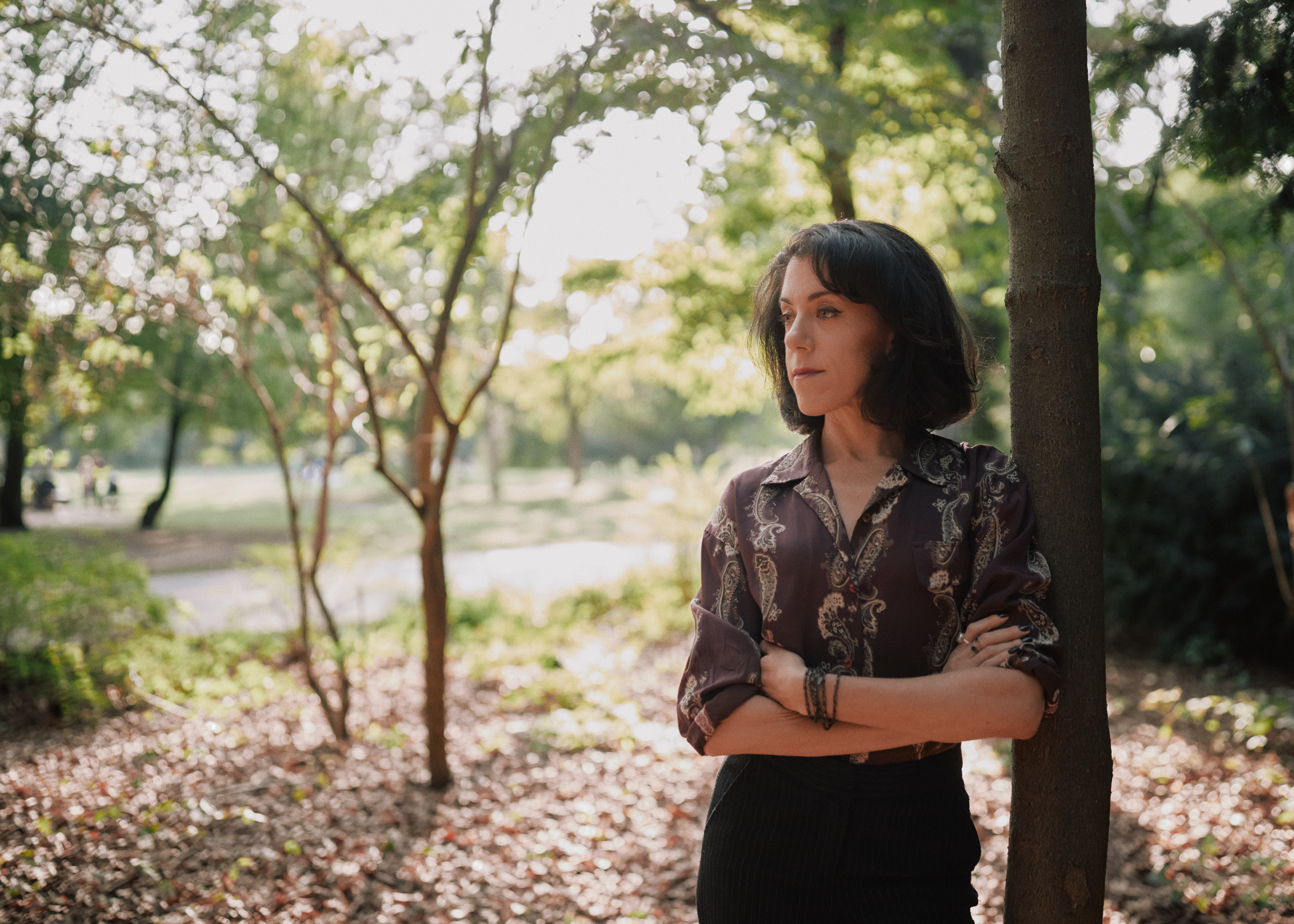
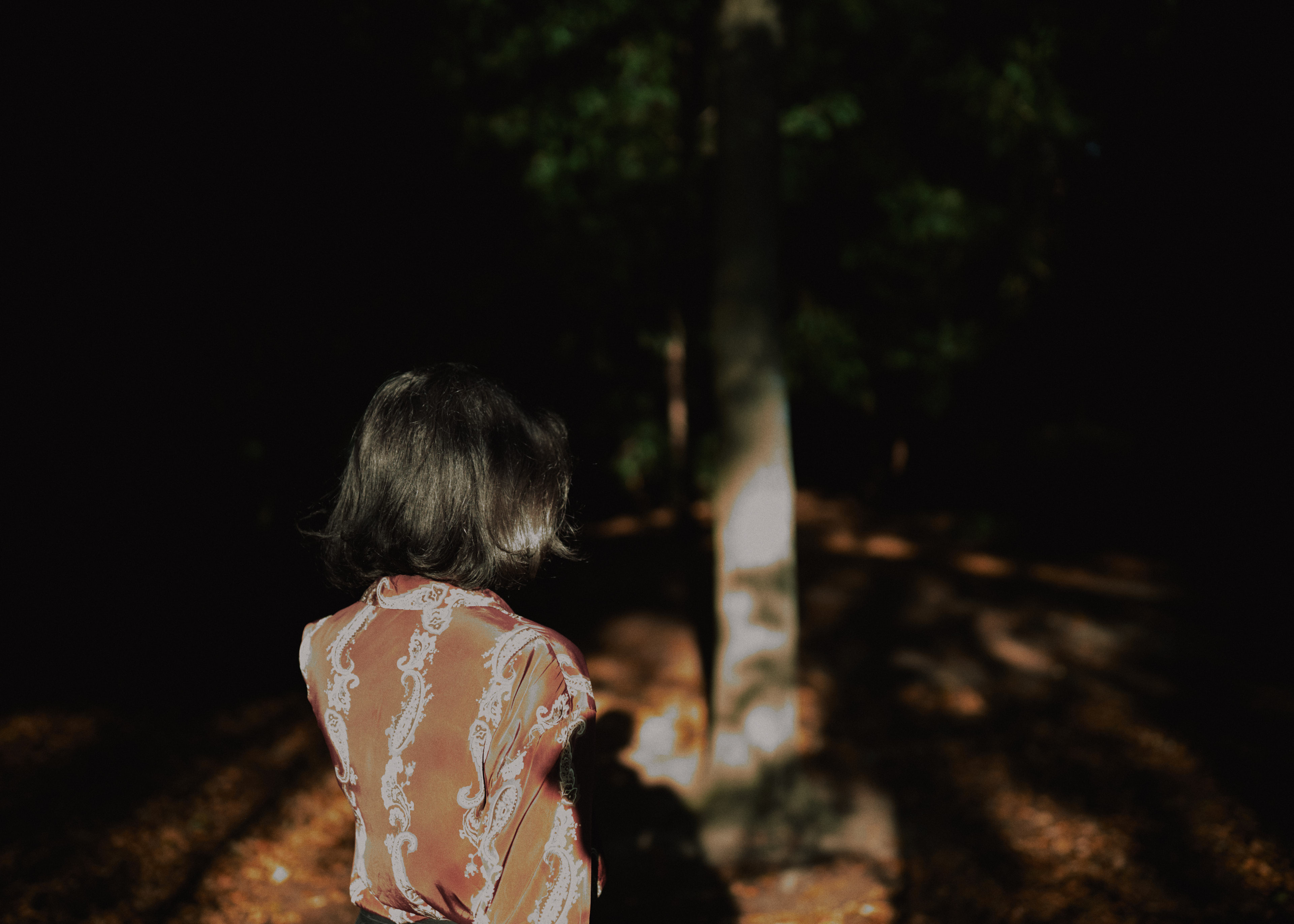
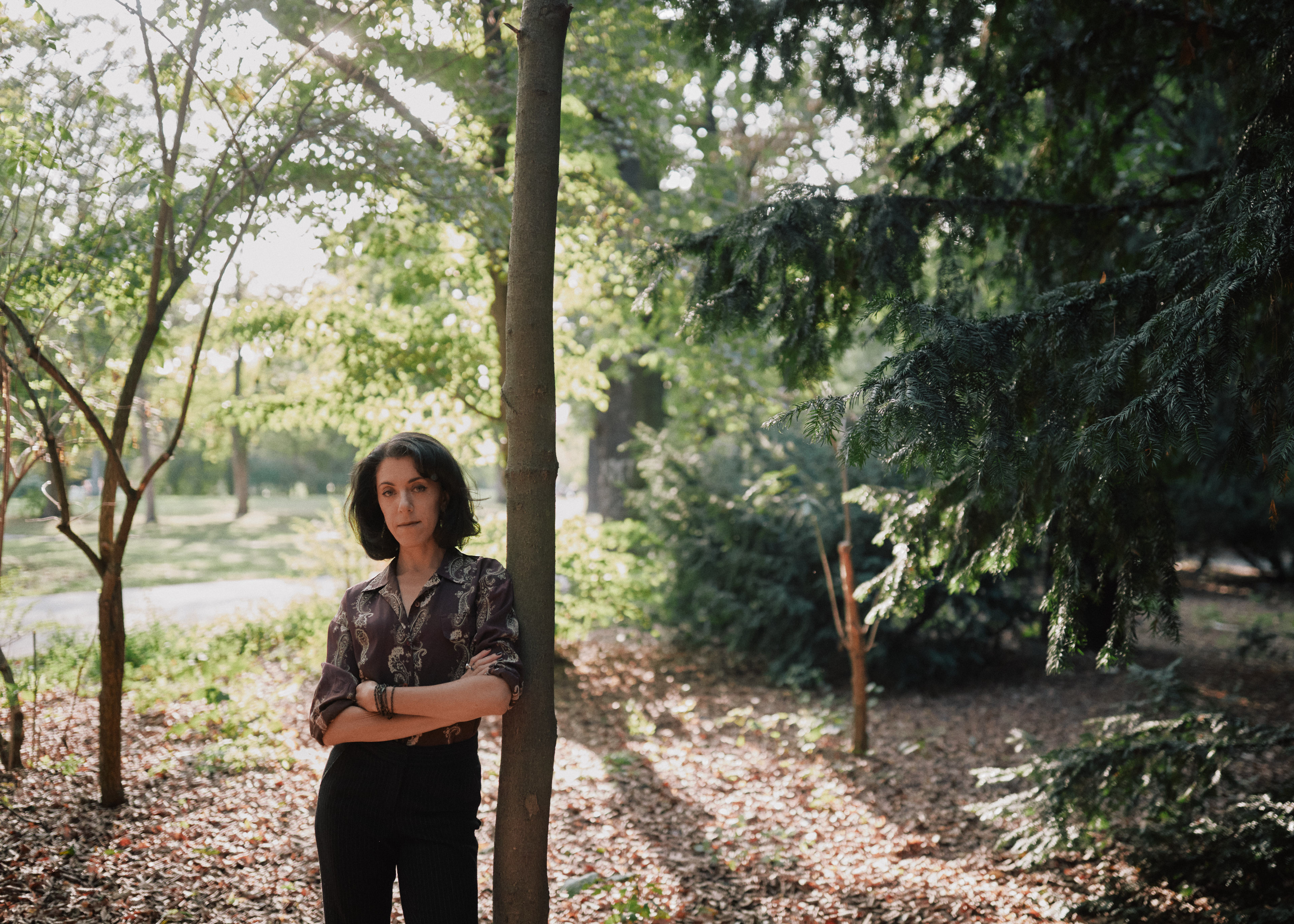
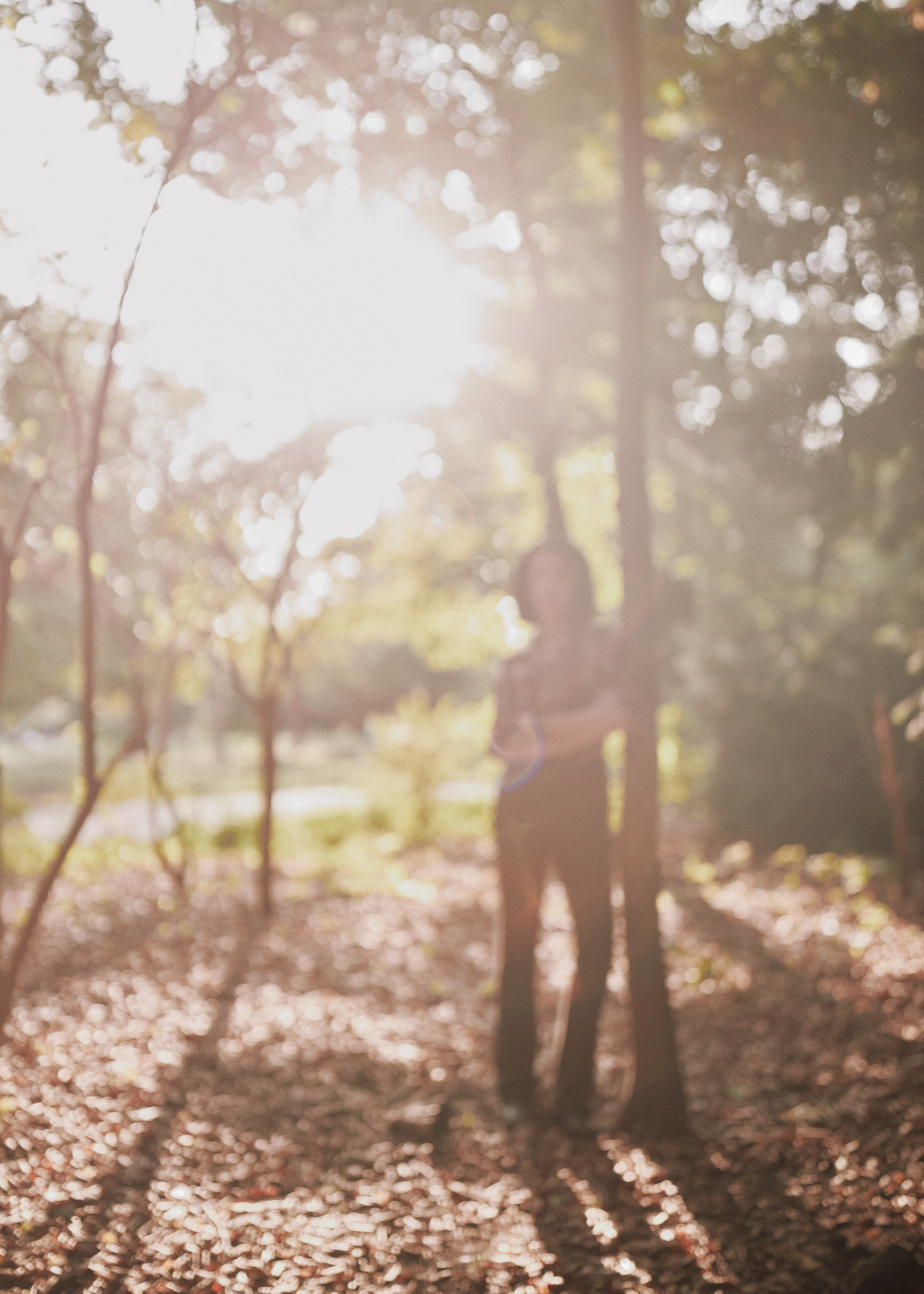
“I want to do something good, to make an impact.”
I always say, and it’s the truth, that I’m a proud auntie. I put a girl through school in Kenya, because she was really, really smart, but couldn’t afford the fees. It was nothing for me to keep her in high school, so I helped her through that. The ability to give the kids a chance, to give girls a chance, it means a lot to me.
I want to do something good, to make an impact. And I’d like to be recognised for my work – we’ve all got egos. So I sometimes wonder, what will happen to my work when I’m gone? I’m not gonna leave any genetic mini-mes running around with my emotional baggage to dump on somebody else, but, yes, I do think of leaving behind a legacy.
I have 20-30 years of negative film, a document of history and time. Where does that go, what happens to that? I don’t think I’ll see some sort of Whitney Biennial in my lifetime, but maybe in 100 years, they’ll be like, “Oh, she was kind of like a Vivian Maier, wasn’t she? We need to find out where that work is.”
Photos by Zoë Noble
Words edited by James Glazebrook
SHARE:
